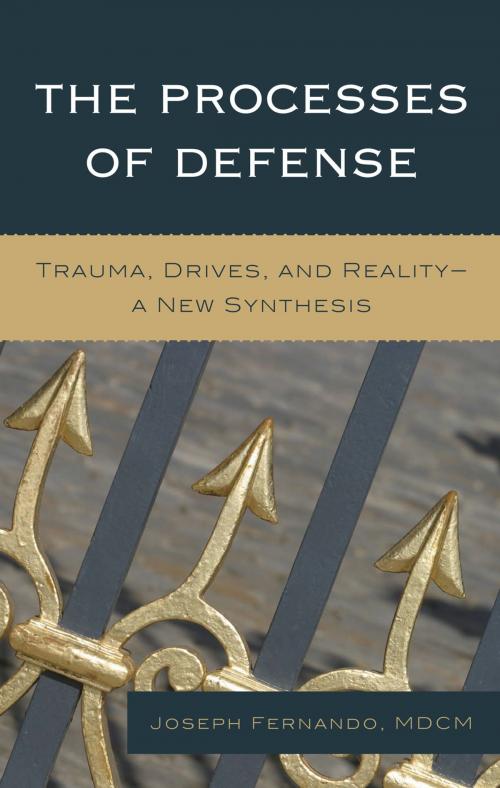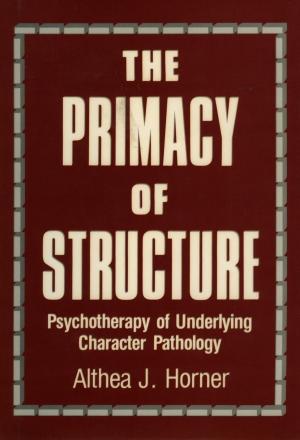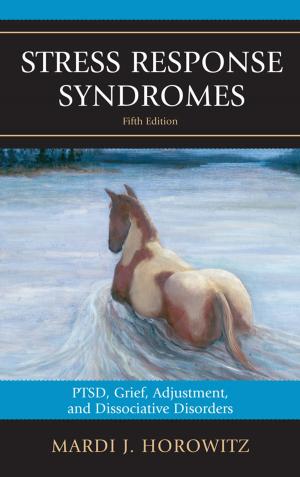The Processes of Defense
Trauma, Drives, and Reality A New Synthesis
Nonfiction, Health & Well Being, Psychology, Mental Illness, Clinical Psychology, Emotions| Author: | Joseph Fernando | ISBN: | 9780765707314 |
| Publisher: | Jason Aronson, Inc. | Publication: | December 28, 2009 |
| Imprint: | Jason Aronson, Inc. | Language: | English |
| Author: | Joseph Fernando |
| ISBN: | 9780765707314 |
| Publisher: | Jason Aronson, Inc. |
| Publication: | December 28, 2009 |
| Imprint: | Jason Aronson, Inc. |
| Language: | English |
In this direct and scholarly book, Dr. Joseph Fernando provides the first in-depth exploration and up-to-date revision of the psychoanalytic theory of defenses since Anna Freud's 1936 classic, The Ego and the Mechanisms of Defense. The workings of three basic forms of defense_repression, denial, and post-traumatic defenses_are clearly described and illustrated with examples from Dr. Fernando's clinical practice. While comprehensive and authoritative in its coverage of defenses, the book is also highly original and clinically relevant, as Fernando introduces and illustrates new concepts including the zero process (a form of mental functioning related to trauma), contrast defenses (a type of denial defense that leads to repetition), and compound defenses (defenses formed by the tight melding of two or more basic defenses). This is a book not only of innovation but also of integration. Classical psychoanalytic concepts are integrated with new ideas related to current concerns with trauma, denial, and narcissism, and theoretical explications are integrated with practical advice about the handling of different defenses and clinical situations. This book will appeal to both beginners and seasoned clinicians and theoreticians, as well as to anyone interested in psychoanalytic thought.
In this direct and scholarly book, Dr. Joseph Fernando provides the first in-depth exploration and up-to-date revision of the psychoanalytic theory of defenses since Anna Freud's 1936 classic, The Ego and the Mechanisms of Defense. The workings of three basic forms of defense_repression, denial, and post-traumatic defenses_are clearly described and illustrated with examples from Dr. Fernando's clinical practice. While comprehensive and authoritative in its coverage of defenses, the book is also highly original and clinically relevant, as Fernando introduces and illustrates new concepts including the zero process (a form of mental functioning related to trauma), contrast defenses (a type of denial defense that leads to repetition), and compound defenses (defenses formed by the tight melding of two or more basic defenses). This is a book not only of innovation but also of integration. Classical psychoanalytic concepts are integrated with new ideas related to current concerns with trauma, denial, and narcissism, and theoretical explications are integrated with practical advice about the handling of different defenses and clinical situations. This book will appeal to both beginners and seasoned clinicians and theoreticians, as well as to anyone interested in psychoanalytic thought.















